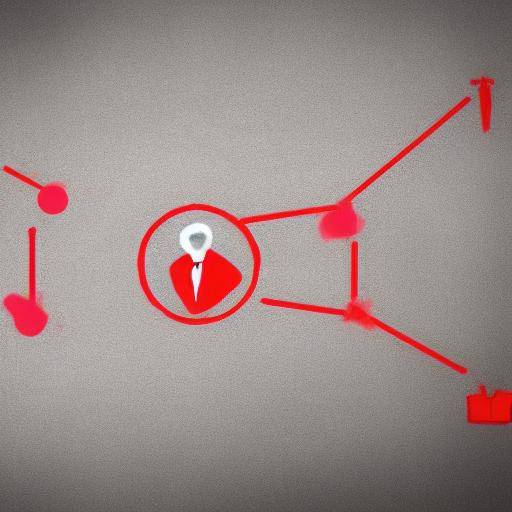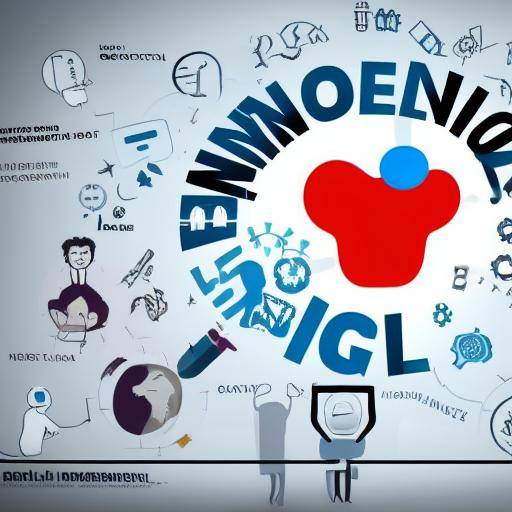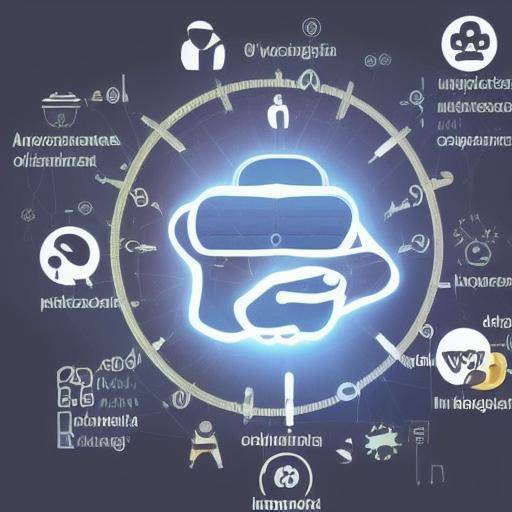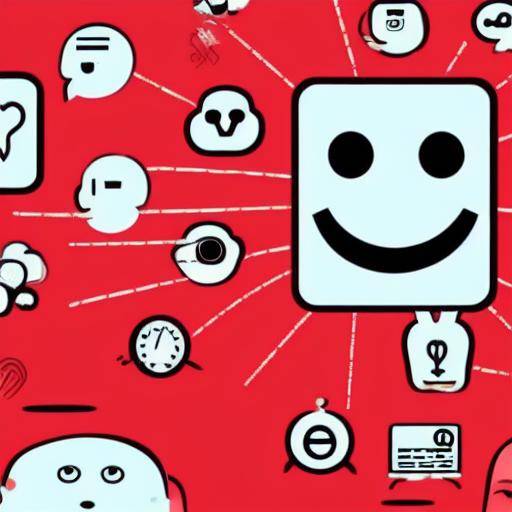
Introduction
You have noticed how some people seem to unfold easily in any social environment. This ability to adapt to different situations and connect with different people is what is known as adaptability in social intelligence. In this article, we will explore the importance of adaptability in social intelligence and its impact on personal relationships. From its historical evolution to future trends, we will analyze in detail how adaptability can improve our social skills and strengthen our interpersonal relationships.
History and Background
Adaptability in social intelligence has its roots in social psychology and sociology. It goes back to the first theories about the influence of the environment in human behavior. Over the years, studies and experiments have revealed the importance of adaptability in social interaction. From the first works of pioneers such as Kurt Lewin to contemporary research on the influence of context in our social skills, the understanding of adaptability has evolved significantly. In the field of psychology, the theory of social intelligence has contributed to broadening our understanding of adaptability as an ability that goes beyond mere adaptation to an environment. Social intelligence involves the ability to perceive and understand the emotions of others, regulate our own emotions in response to social situations, and use this information to guide our behaviors effectively.
Analysis in Deep
Adaptability in social intelligence has many benefits. It facilitates the creation of solid ties with the people around us, as it allows us to adjust our responses and behaviors to meet the needs of others. This in turn strengthens empathy and mutual understanding in personal relationships. However, adaptability also entails challenges, such as the risk of losing our authenticity in the quest to adapt to others. It is essential to find a balance that allows us to be flexible without compromising our identity. At present, adaptability has become a highly valued feature in labour and social environments. Globalization and cultural diversity have generated the need to interact with people from different backgrounds, which makes adaptability in social intelligence an essential ability to prosper in contemporary society.
Comprehensive review
The applicability of adaptability in social intelligence extends to various fields, from the working environment to interpersonal relationships. In the context of work, the ability to adapt to new work teams, changing environments and diverse tasks has become fundamental in an increasingly dynamic business world. On the other hand, in the personal sphere, adaptability allows us to build solid relationships with friends, family and acquaintances, fostering harmony and mutual understanding. To enhance adaptability in social intelligence, it is crucial to develop emotional awareness and emotional regulation capacity. The ability to understand and manage our own emotions, as well as to perceive and respond to the emotions of others, allows us to adapt effectively to different social contexts.
Comparative analysis
Adaptability in social intelligence is closely related to interpersonal skills and the ability to establish meaningful relationships. While adaptability focuses on the ability to adjust to different situations, social intelligence encompasses a wider range of skills that include empathy, assertivity and the ability to positively influence others. Personal relationships, for their part, are directly benefited by adaptability and social intelligence, as these skills strengthen communication and mutual understanding in interpersonal links.
Practical Tips and Accessible Recommendations
How can we cultivate adaptability in social intelligence in our daily lives? Here are some practical tips for developing this skill- Practice active listening: Pay attention to the emotional and verbal signals of the people you interact with, and respond equally and respectfully.
- Learn to adapt to new situations: Being placed in different scenarios and social environments can help you develop adaptability capacity.
- Work on the development of your emotional intelligence: Recognizing and regulating your own emotions will help you adapt more effectively to social situations.
Industry ideas and perspectives
In the business world, adaptability in social intelligence has become a highly valued skill in professionals. Organizations look for leaders and employees who can quickly adapt to changes, work effectively on diverse teams and maintain strong interpersonal relationships. Companies that foster an environment that values adaptability and social intelligence are often more innovative and able to face the challenges of the current market.
Case Studies and Real Life Applications
An example of the successful application of adaptability in social intelligence can be found in the field of sales and customer service. Sales professionals who are able to adapt their communication style and approach according to the needs and preferences of each customer usually achieve a higher rate of success in sales realization.
Future Trends and Predictions
As we enter an era of growing cultural diversity and digitalization, adaptability in social intelligence is presented as a valuable and necessary resource. Future trends point to greater emphasis on the development of interpersonal, emotional and intercultural skills, as well as the integration of adaptability in the selection and development of talent in organizations.
Conclusion
Adaptability in social intelligence is an invaluable skill that promotes greater harmony in our interpersonal relationships and enables us to thrive in diverse and changing environments. By cultivating this skill, we become more responsive, understanding and effective individuals in our dealings with others. This article has explored the importance of adaptability in social intelligence and its impact on personal relationships, providing a stronger understanding of this essential skill in the present world.
Frequently asked questions
- What is the difference between adaptability, social intelligence and personal relationships?
- Adaptability refers to the ability to adjust to different situations and environments, while social intelligence implies the ability to understand and manage one's own and other emotions in social contexts. On the other hand, personal relationships cover interaction with other individuals and the emotional connection that is established in these links.
- Why is it important to develop adaptability in social intelligence?
- Adaptability in social intelligence is essential for the development of strong interpersonal relationships, conflict resolution and success in changing labour and social environments.
- What are some practical exercises to improve adaptability in social intelligence?
- Some practical exercises include exposure to different social environments, empathy and assertiveness, and seeking constructive feedback on our social interactions.
- How can adaptability in social intelligence benefit companies?
- Adaptability in social intelligence allows professionals to work effectively on diverse teams, understand the changing needs of customers and adapt quickly to market changes, resulting in a positive impact on business performance.
- What are some emerging trends related to adaptability in social intelligence?
- Emerging trends include a greater focus on emotional and social education, the integration of adaptability in labour training and the development of strategies to address cultural diversity in social and labour environments.
- What is the role of laadaptability in social intelligence in resolving interpersonal conflicts?
- Adaptability in social intelligence allows people to understand and anticipate the emotions and reactions of others, which is fundamental to finding effective solutions during interpersonal conflicts.
I encourage you to put into practice these ideas and tips to cultivate your adaptability in social intelligence, and you will observe how your personal relationships are strengthened and enriched in different aspects of your life.
Remember that adaptability in social intelligence is a skill that can be developed with practice and enriched over time, giving you significant advantages in both personal and professional fields. Do not hesitate to share your own experiences and discoveries on this issue with those around you to enrich the dialogue about the importance of this skill in our lives!






















































